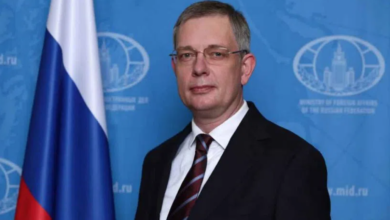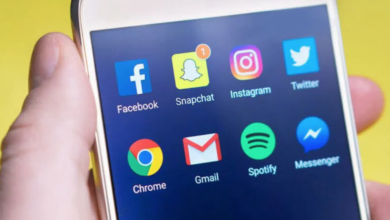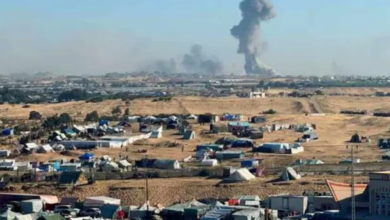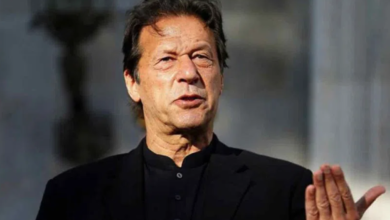Why has Pakistan blocked Wikipedia?

Pakistan blocked online encyclopaedia Wikipedia for hosting “blasphemous content”, reported Dawn.
Earlier in the week, the Pakistan Telecommunication Authority (PTA) had warned Wikipedia that it had 48 hours to remove certain content or access to the site would be cut off in the country.
A spokesperson for the PTA told the press that “An opportunity of hearing was also provided, however, the platform neither complied by removing the blasphemous content nor appeared before the authority”.
While details of content that the PTA wanted to be removed are unclear, the spokesperson said that Wikipedia will remain blocked in Pakistan until it removes “all the objectionable material”.
Users are met with “this site cannot be reached” when trying to access the website, reported Dawn.
Wikipedia is a free, crowdsourced, online encyclopaedia which has information on a wide variety of topics written and maintained by a community of volunteers. The Wikimedia Foundation, the non-profit that runs Wikipedia said in its Saturday statement that the block “denies the fifth most populous nation in the world access to the largest free knowledge repository”.
Crucially, Wikimedia does not control the content on Wikpedia. Rather, to ensure standards, a community based editing system is followed. In a statement Wikimedia said, “does not make decisions around what content is included on Wikipedia or how that content is maintained”.
By design, Wikipedia tries to ensure that “articles are the result of many people coming together to determine what information should be presented on the site, resulting in richer, more neutral articles”, the statement by the Wikimedia Foundation said.
“Attack on freedom of speech”
The regulator’s decision has triggered an outcry in Pakistan. Many pointed out a growing trend of media censorship in the country.
Usama Khilji, a digital rights activist and columnist, said that courts and the regulator must realise that Wikipedia is a “crowd-sourced platform where anyone with an account can edit articles, which they can also do instead of blocking the entire website”.
He added, “There’s just been a concerted effort to exert greater control over content on the internet”
Internet censorship in Pakistan
Blasphemy is a sensitive issue in Pakistan, and this is not the first time a media giant has faced trouble for sacrilegious content. Previously, Pakistan blocked YouTube from 2012 to 2016 after it carried a film about the Prophet Mohammed that led to violent protests across the Muslim world.
More recently, Pakistan has also blocked the wildly popular video-sharing app TikTok several times over “indecent” and “immoral” content, as well as banned dating apps such as Tinder for being “immoral”.
In December 2020, the PTA had issued notices to Wikipedia and Google Inc for “disseminating sacrilegious content”, reported Dawn.







